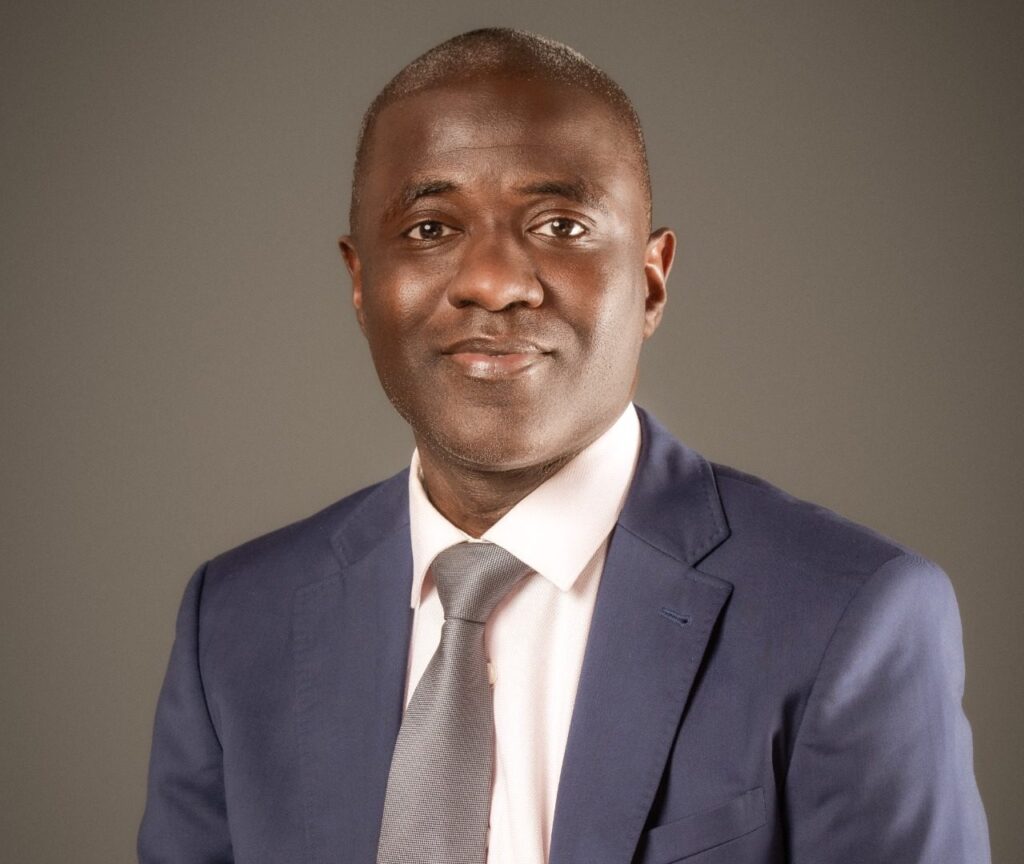The Federal Government has abolished the five per cent excise duty previously imposed on telecommunications services, including voice calls and data usage, in a move expected to ease cost pressures on millions of Nigerians.
The National Orientation Agency announced the decision on Thursday in a post via its official X (formerly Twitter) handle. According to the post, the Executive Vice Chairman of the Nigerian Communications Commission, Dr Aminu Maida, disclosed that President Bola Tinubu ordered the removal of the tax during deliberations on the recently enacted Finance Act.
Maida explained that the president’s directive was aimed at cushioning the financial strain on citizens while fostering growth in the digital economy. “The development is expected to bring relief to over 171 million active telecom users across the country, many of whom have faced a 50 per cent tariff increase implemented earlier this year,” Maida stated.
The excise duty, introduced in 2022 under the administration of former President Muhammadu Buhari, applied to both voice calls and data subscriptions. It immediately attracted widespread criticism from telecom operators and consumer rights advocates, who argued that the policy would worsen the financial burden on Nigerians already grappling with rising living costs.
At the time, the government justified the levy as part of its efforts to shore up revenue in the face of dwindling oil earnings. The Ministry of Finance defended the decision as consistent with global taxation practices.
However, telecom operators, operating under the Association of Licensed Telecom Operators of Nigeria, cautioned that the policy was counterproductive. They noted that Nigeria already had one of the highest tax burdens on the telecommunications industry in sub-Saharan Africa, warning that the additional duty would stifle growth and limit access to digital services.
Industry stakeholders say the scrapping of the tax is expected to bring some relief to households and businesses struggling with high communication costs. The removal also aligns with Tinubu’s broader economic agenda to cut down on multiple taxation and promote investment in technology and innovation.
Telecom users, who have endured a combination of tariff hikes and high inflation, are now expected to see cost reductions in their voice and data bills. Analysts describe the move as a significant policy reversal that balances the government’s revenue needs with the welfare of citizens and the competitiveness of the telecom sector.
With over 171 million active users, Nigeria’s telecom industry is one of the largest in Africa, playing a critical role in driving digital transformation, e-commerce, and financial inclusion.
By scrapping the duty, the federal government signals its commitment to reducing the tax burden on consumers and ensuring that digital services remain affordable and accessible to the majority of Nigerians.















